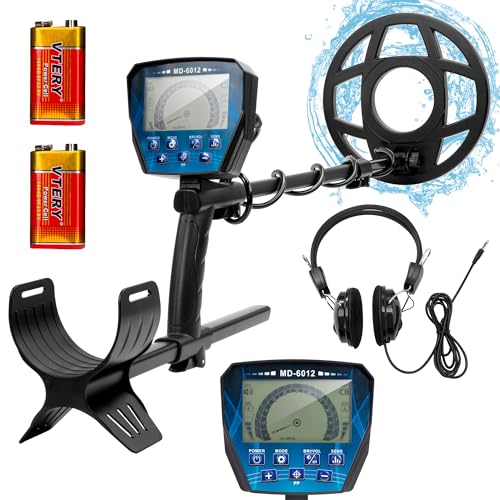
Metal detecting can be a fun and rewarding hobby, but it is important to take safety precautions to avoid potential danger. Metal detectorists should always be aware of their surroundings and stay alert to any potential hazards. So what are the dangers when metal detecting?
It is obviously important to avoid metal detecting in areas that may be unstable or dangerous, such as near cliffs or steep slopes.
But what about some of the other things you need to be aware of so you can stay safe while hunting for that buried treasure?
Here we take a look at my Top 9 risks that you should always be aware of when out metal detecting:-
So the first one is Ticks.
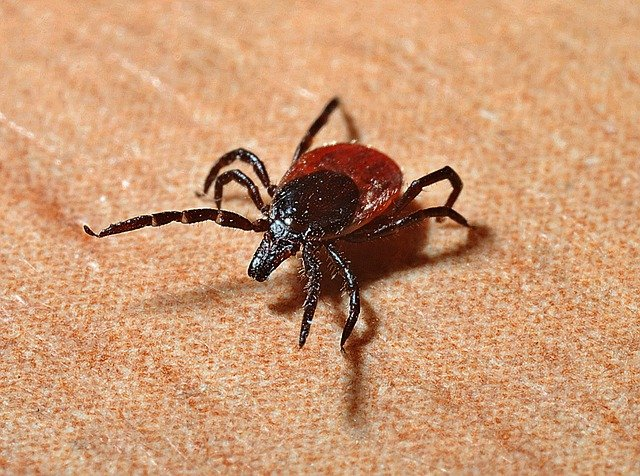
Metal detecting usually involves being out in nature, which means they are at risk of coming into contact with ticks. Ticks are small parasitic creatures that attach themselves to their hosts in order to feed on their blood.
While this may not seem like a big deal, ticks can actually transmit a number of serious diseases, including Lyme disease, Rocky Mountain spotted fever and ehrlichiosis.
These diseases can cause a range of symptoms, from fever and fatigue to muscle aches and paralysis. In severe cases, they can even be fatal.
The best way to prevent getting bitten by a tick is to wear long pants and long sleeves when you are out metal detecting and to check your body for ticks afterwards.
If you do find a tick, it is important to remove it carefully so that you do not accidentally leave the head behind.
You should also see a doctor if you develop any unusual symptoms after being bitten by a tick.
Number two is Weil’s Disease
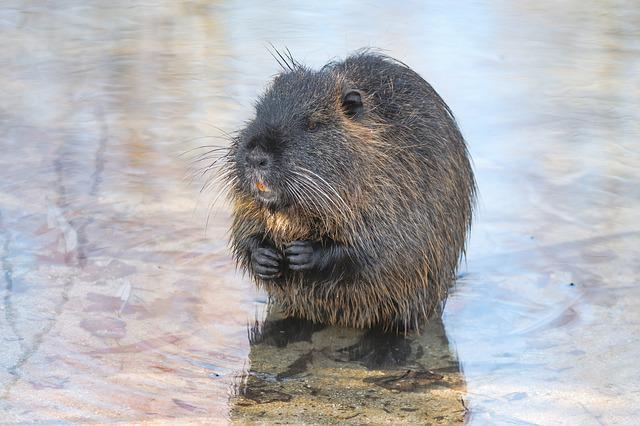
Metal detectorists often enjoy exploring muddy fields and other still water areas in search of hidden treasures.
However, these same habitats are also home to rats, and coming into contact with their urine can be dangerous.
Weil’s disease is a form of leptospirosis, a bacterial infection that can be transmitted through rat urine.
Symptoms of Weil’s disease include fever, chills, headache, and muscle pain, and the infection can lead to liver failure and even death.
Metal detectorists can protect themselves from Weil’s disease by wearing gloves and long-sleeved clothing when exploring potentially contaminated areas.
If you do come into contact with rat urine, be sure to wash the affected area with soap and water as soon as possible.
By taking these precautions, metal detecting can be an enjoyable hobby without putting yourself at risk.
The third one is Cows and Bulls

Metal detectorists often find themselves in fields that are home to cows and bulls. While these animals may seem harmless, they can actually pose a serious danger to people who are unaware of their behavior.
Cattle are large and strong, and they can easily knock someone down if they feel threatened. Additionally, bulls can be especially aggressive, and they have been known to attack people who come too close to their territory.
If you’re metal detecting in a field that is home to cattle, it’s important to be aware of your surroundings and keep a safe distance from the animals.
If you do come into contact with a cow or bull, stay calm and slowly back away from the animal. Do not turn your back on the animal or run away, as this could trigger an attack.
By following these simple guidelines, you can stay safe while metal detecting in fields that are populated by cattle.
So the fourth danger is Old Lead
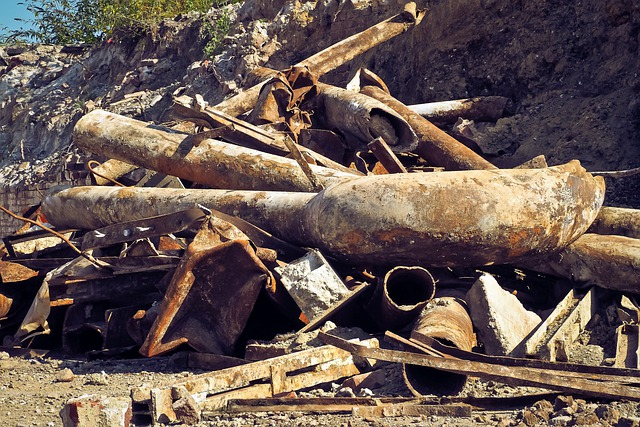
Metal detecting can be a great hobby, but it’s important to be aware of the dangers of lead poisoning.
Lead is a metal that can be found in old paint, pipes, and other materials.
If you come into contact with it, you could start to experience symptoms like weight loss, fatigue, abdominal pain, and constipation.
If you think you may have been exposed to lead, it’s important to see a doctor right away.
There are blood tests that can confirm whether or not you have lead poisoning.
The best way to avoid lead poisoning is to wear gloves when you’re metal detecting and to wash your hands thoroughly afterwards.
You should also avoid eating or drinking while you’re metal detecting, and shower as soon as possible after your expedition.
With a little bit of care, you can enjoy metal detecting without putting yourself at risk.
The next one is Cuts.
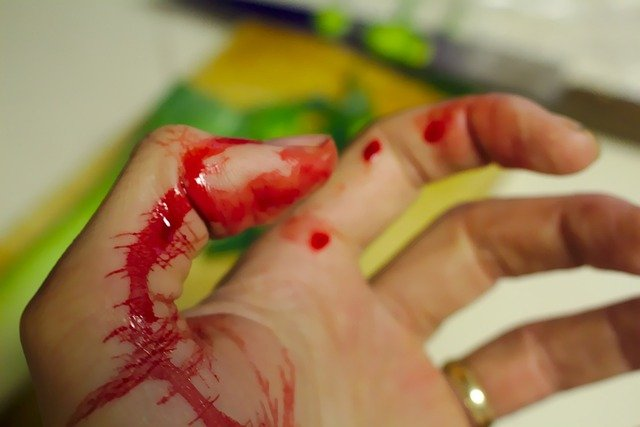
When you are out metal detecting, cuts to the fingers and hands are a common hazard. While a minor cut may not seem like a big deal, they can quickly become infected, leading to serious health problems.
It is a good idea to carry with you a small first aid kit, should you need any patching up while out on your dig.
In some cases, metal objects can cause puncture wounds that are difficult to clean and put the patient at risk for tetanus.
To avoid these complications, it is important to take precautions when using a metal detector. First, always wear gloves to protect your hands. And one of the best safety tips I was given was to dig slowly when you metal detect. This can help prevent most injuries.
If you do get a cut, be sure to clean it immediately with anti-bacterial wipes or just plain soap and water.
If the cut is more than a quarter inch deep, or if you think it may be infected, seek medical attention right away.
Check out our article on the 6 Best Metal Detecting Gloves available today
By taking these simple steps, you can help reduce the risk of complications from metal detecting.
Okay, the next one comes back down to metal detecting in long grass in the summer.
And that’s Snakes
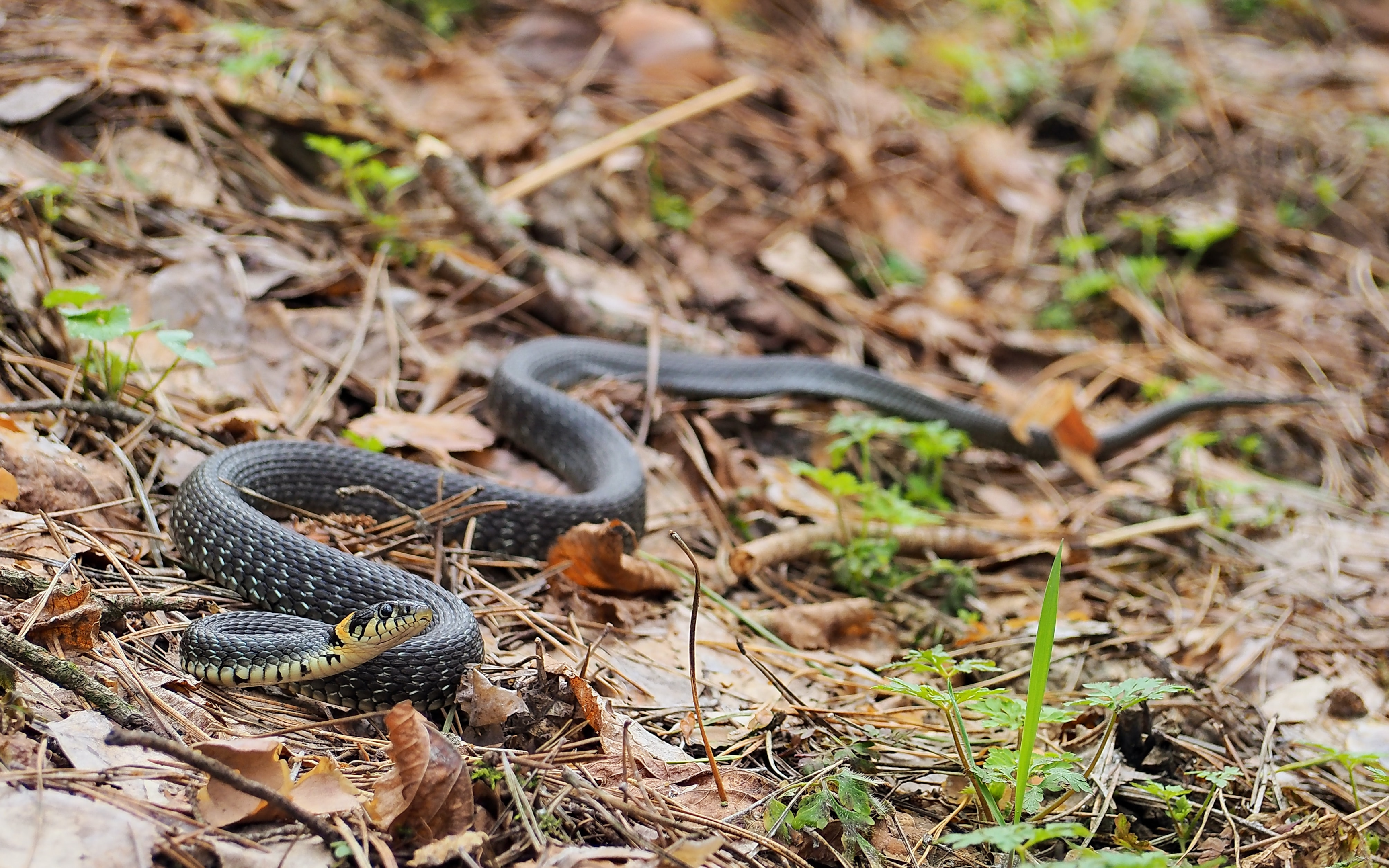
One of the biggest dangers metal detectors face in fields and woodland is snakes. Snakes are often hard to see in long grass and fields, and they can strike without warning.
Some of the most common snakes that metal detectorists might encounter in America include rattlesnakes, copperheads, and water moccasins. These snakes are all highly venomous, and a bite can be fatal.
The best way to avoid getting bitten is to wear protective clothing, such as long pants and boots, and to be vigilant when metal detecting in tall grass or unfamiliar areas.
If you do see a snake, it’s important to give it a wide berth and avoid disturbing it. By taking some simple precautions, you can enjoy metal detecting while staying safe from snake bites.
The next one is …..Dehydration and Heat Stroke.

When you are outdoors with your metal detector, you often spend long hours in the sun, which can lead to dehydration and sunstroke.
These problems are especially common in the hot summer months but can occur year-round in sunny climates.
Dehydration occurs when the body loses more fluids than it takes in, and can lead to headaches, dizziness, fatigue, and other problems.
Sunstroke is a more serious condition that occurs when the body overheats and can cause seizures, coma, and even death.
Metal detectorists can best avoid these problems by staying hydrated and taking breaks in the shade to cool off. Become aware of the potential risks that the sun can create when metal detecting.
Metal detectorists should always carry plenty of water with them and drink regularly even if they don’t feel thirsty.
If metal detectorists start to feel dizzy or lightheaded, they should immediately seek shade and cool down with water or a wet towel.
You must stay hydrated, but it is also a good idea to carry some bug spray, to keep those pesky insects at bay.
By taking these precautions, metal detectorists can enjoy their hobby while staying safe in the heat.
Detecting In The Winter Months
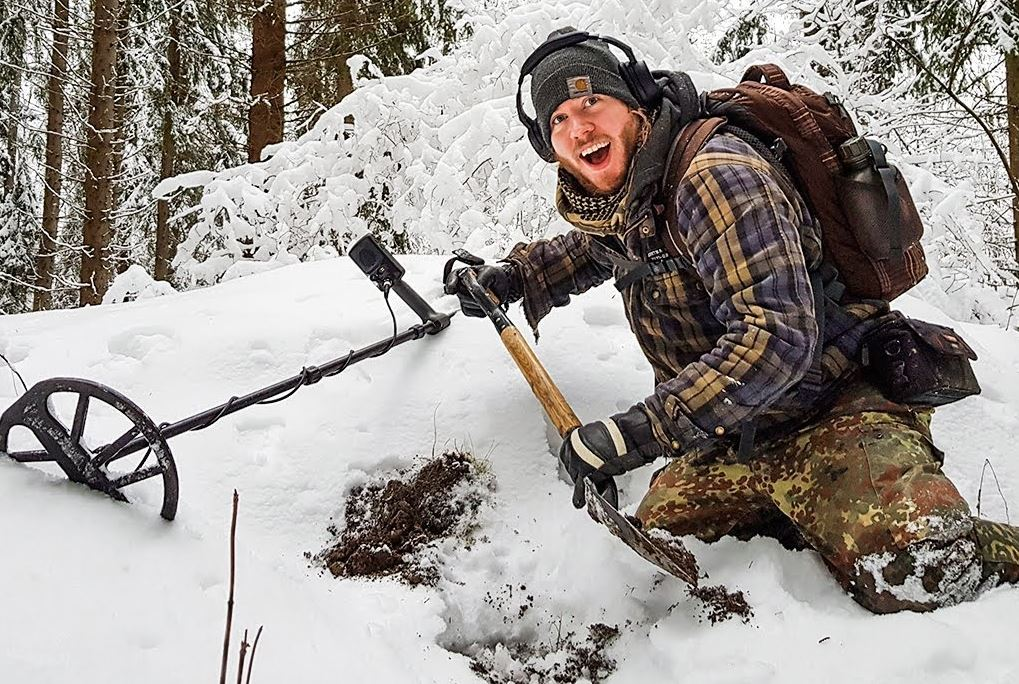
For metal detectorists, winter can be a great time to find buried treasure. However, it is important to take some extra precautions when metal detecting in the winter months.
The weather can be unpredictable, and metal detecting in the snow can be dangerous. Always keep a close eye on the weather forecast.
If you get caught in a blizzard, it is important to have the correct clothing to keep you warm and dry.
It is also important to avoid metal detecting near bodies of water. When the temperatures drop, ice can form quickly on lakes and rivers. If you fall through the ice, you could be at risk for hypothermia or even drowning.
By taking some extra precautions, you can stay safe and enjoy metal detecting all winter long.
And the final one is ….Other People

Metal detecting can be a great hobby, but it’s not without its challenges. One of the biggest problems metal detectorists face is dealing with other people.
Most people are fine seeing you walking around swinging your metal detector, but others are not so happy to see us.
Some people simply don’t understand the appeal of metal detecting, and they can be quite vocal in their disapproval.
This can be especially true on the beach, where people are trying to relax and enjoy the sound of the waves.
In these situations, it’s important to be respectful and try to keep a low profile or just walk away from any potential confrontation.
If you can do that, then you’ll be able to avoid most problems.
Conclusion
Detecting for treasure can be a fun and exciting hobby, but it’s important to stay safe while doing it.
Follow these safety guidelines to avoid the dangers of metal detecting, read some books on the subject, and have a fun and adventure-free time in the field.
Remember to always take tick precautions, watch out for Weil’s disease, steer clear of angry cattle, watch out for sharp objects and clean your cuts thoroughly, keep an eye out for snakes, drink plenty of water, and do your best to avoid confrontations with angry people.
Happy treasure hunting!!!!









